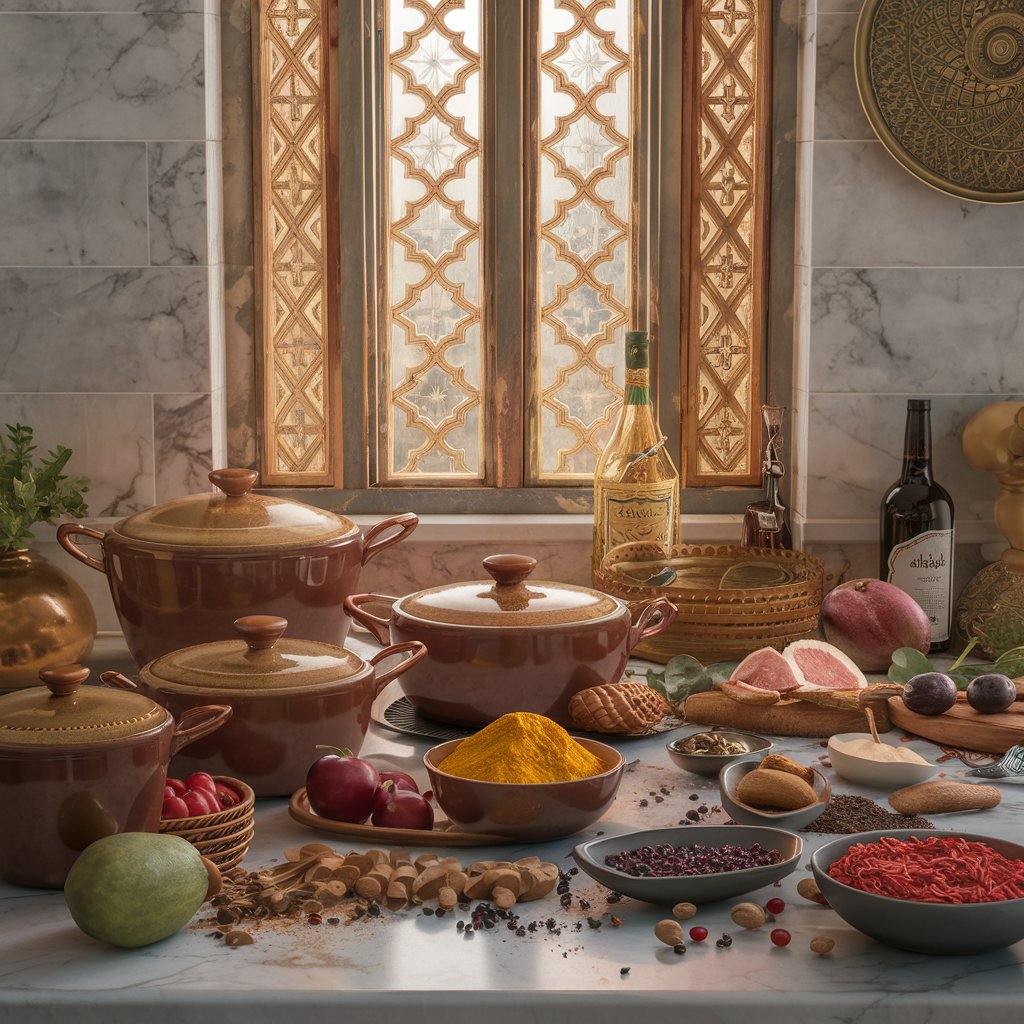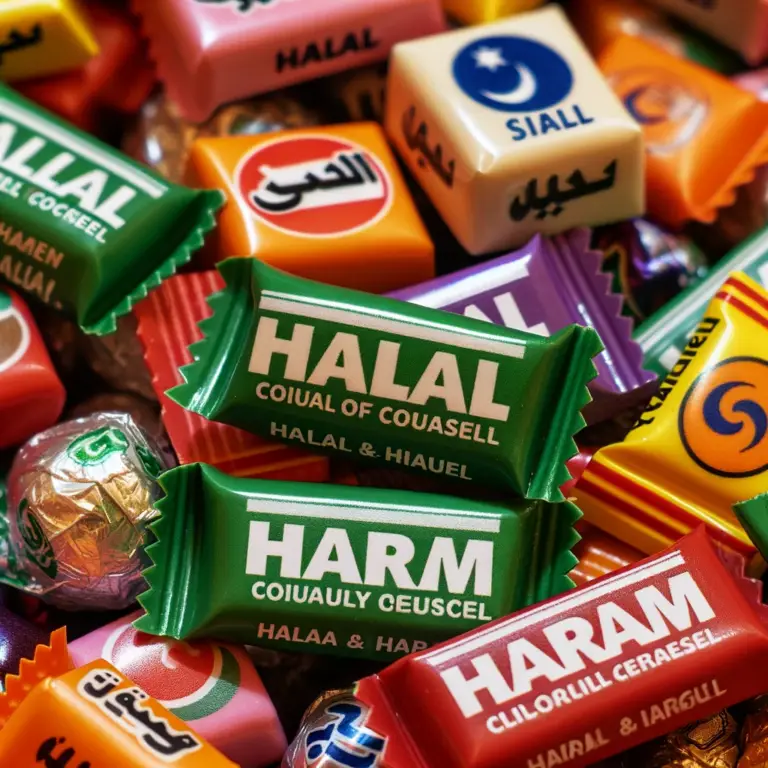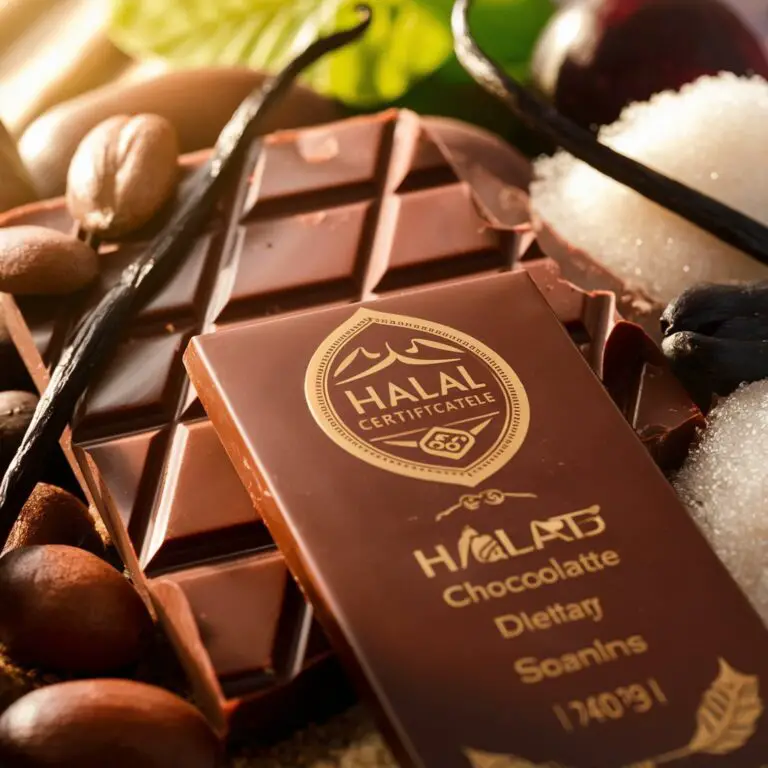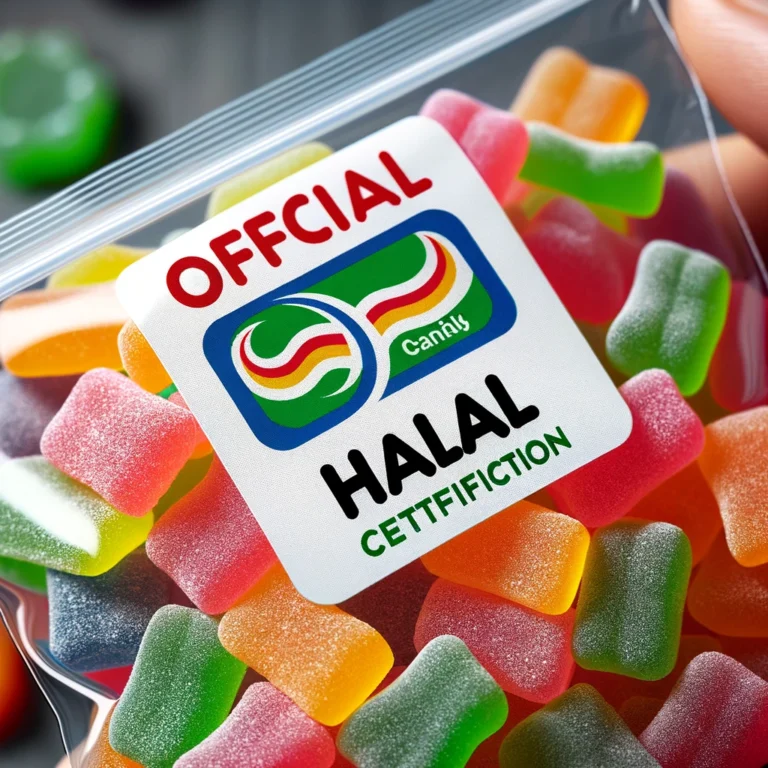Is Cooked Wine Halal?
The question of whether cooked wine is halal (permissible) in Islam is a complex and nuanced topic that has been debated by scholars, food scientists, and Muslims around the world. This comprehensive analysis aims to provide an in-depth exploration of the subject, drawing on religious texts, scholarly interpretations, scientific research, and cultural perspectives.
As an expert in Islamic dietary laws and food science, I bring a wealth of knowledge to this discussion. My expertise is grounded in years of study in Islamic jurisprudence, coupled with a deep understanding of the chemical processes involved in cooking with alcohol. This unique combination allows me to offer a balanced and informed perspective on this controversial issue.
Throughout this article, we will examine the various aspects of cooked wine in relation to Islamic dietary laws, explore the scientific basis for arguments on both sides, and provide practical guidance for Muslims seeking to navigate this complex terrain.
Understanding Halal and Haram
Before delving into the specific question of cooked wine, it’s essential to establish a clear understanding of the concepts of halal and haram in Islamic dietary laws.
Halal refers to that which is permissible or lawful in Islam. This extends beyond food and drink to encompass all aspects of life. In the context of food, halal items are those that Muslims are allowed to consume according to Islamic law.
Haram, on the other hand, refers to that which is forbidden or prohibited in Islam. Consuming haram food or drink is considered a sin in Islamic teachings.
The determination of what is halal or haram is primarily based on:
- The Quran (the holy book of Islam)
- The Hadith (sayings and actions attributed to Prophet Muhammad)
- Ijma (consensus of Islamic scholars)
- Qiyas (analogical reasoning)
It’s important to note that there can be varying interpretations and opinions among scholars on certain issues, particularly when it comes to modern food production methods or ingredients that were not explicitly mentioned in the primary sources of Islamic law.
The Process of Wine Production
To fully understand the debate surrounding cooked wine, it’s crucial to have a clear grasp of how wine is produced and the role of alcohol in this process.
Steps in Wine Production
- Harvesting: Grapes are harvested at the peak of ripeness.
- Crushing and Pressing: The grapes are crushed to extract the juice.
- Fermentation: Yeast is added to the grape juice, converting sugars into alcohol and carbon dioxide.
- Aging: The wine may be aged in barrels or bottles to develop its flavor profile.
- Bottling: The finished wine is bottled for distribution.
Alcohol Content in Wine
The alcohol content in wine can vary significantly depending on the type of wine and the production method. Here’s a general overview:
| Wine Type | Average Alcohol Content (% ABV) |
|---|---|
| Table Wine | 11-14% |
| Fortified Wine | 17-21% |
| Sparkling Wine | 12-14% |
| Dessert Wine | 14-20% |
It’s important to note that the alcohol content in wine is a result of the fermentation process and is not added separately. This natural occurrence of alcohol in wine is at the heart of the debate regarding its permissibility in Islam.
Islamic Perspectives on Alcohol

The Islamic stance on alcohol is generally clear and unambiguous. The Quran explicitly prohibits the consumption of intoxicants, which includes alcoholic beverages. This prohibition is based on several verses, including:
“O you who have believed, indeed, intoxicants, gambling, [sacrificing on] stone alters [to other than Allah], and divining arrows are but defilement from the work of Satan, so avoid it that you may be successful.” (Quran 5:90)
The Hadith also reinforces this prohibition, with numerous narrations emphasizing the sinfulness of consuming alcohol. For example:
“Every intoxicant is khamr (wine) and every intoxicant is haram (forbidden).” (Sahih Muslim)
However, the question of cooked wine introduces nuances that are not directly addressed in these primary sources. This has led to scholarly debate and differing interpretations.
The Debate on Cooked Wine
The debate on whether cooked wine is halal centers around several key questions:
- Does cooking eliminate alcohol? This is a crucial scientific question that we’ll explore in detail in the next section.
- Does the intention matter? Some argue that using wine for flavor in cooking, without the intention to intoxicate, might be permissible.
- Is there a minimum alcohol content that makes something haram? Some scholars argue that trace amounts of alcohol might be permissible.
- Does the prohibition apply only to drinking, or to all forms of consumption? This question addresses whether cooking with wine falls under the same ruling as drinking it.
These questions have led to a range of opinions among Islamic scholars, which we’ll explore in more detail later in this article.
Scientific Analysis of Alcohol in Cooked Wine
To address the question of whether cooking eliminates alcohol from wine, we need to turn to scientific research. Several studies have examined the retention of alcohol in foods cooked with wine or other alcoholic beverages.
Factors Affecting Alcohol Retention
The amount of alcohol retained in cooked food depends on several factors:
- Cooking method: Different cooking methods result in varying levels of alcohol retention.
- Cooking time: Generally, the longer the cooking time, the less alcohol remains.
- Amount of alcohol used: The initial quantity of alcohol affects the final concentration.
- Surface area: A larger surface area allows for more alcohol evaporation.
Alcohol Retention Rates
A comprehensive study published in the Journal of the American Dietetic Association provided the following data on alcohol retention after cooking:
| Cooking Method | Cooking Time | % Alcohol Retained |
|---|---|---|
| Flambé | 30 seconds | 75% |
| Left uncovered, stirred into hot liquid | 15 minutes | 40% |
| Left uncovered, stirred into hot liquid | 30 minutes | 35% |
| Left uncovered, stirred into hot liquid | 1 hour | 25% |
| Left uncovered, stirred into hot liquid | 2 hours | 10% |
| Baked, covered | 15 minutes | 45% |
| Baked, covered | 30 minutes | 35% |
| Baked, covered | 1 hour | 25% |
This data suggests that while cooking does reduce alcohol content, it does not eliminate it entirely, even after extended cooking times.
Scholarly Opinions on Cooked Wine
Islamic scholars have offered a range of opinions on the permissibility of cooked wine, based on their interpretations of religious texts and scientific evidence.
Views Supporting Permissibility
Some scholars argue that cooked wine may be permissible based on the following reasoning:
- Transformation (Istihalah): They argue that cooking transforms the wine into a new substance, changing its ruling.
- Intention: The intention is not to consume alcohol but to use it for flavoring.
- Trace amounts: The small amount of alcohol remaining after cooking may be negligible.
Views Against Permissibility
Other scholars maintain that cooked wine remains haram, citing:
- Precaution: It’s safer to avoid any potential consumption of alcohol.
- Residual alcohol: Scientific evidence shows that some alcohol remains even after cooking.
- General prohibition: The blanket prohibition on alcohol in Islam includes all forms of consumption.
Middle Ground
Some scholars take a nuanced approach, suggesting:
- Cooked wine may be permissible if the alcohol content is completely eliminated.
- There may be a threshold of alcohol content below which it becomes permissible.
It’s important to note that these are scholarly opinions and interpretations, and individual Muslims may choose to follow the opinion they find most convincing or err on the side of caution.
Alternatives to Cooking with Wine
For Muslims who wish to avoid any potential consumption of alcohol, there are numerous alternatives to cooking with wine that can provide similar flavors and culinary results:
- Grape juice: Unfermented grape juice can provide a similar fruity flavor.
- Vinegar: Various types of vinegar can add acidity and depth to dishes.
- Stock: Vegetable, chicken, or beef stock can replace wine in many recipes.
- Fruit juices: Apple, cranberry, or pomegranate juice can be used in place of wine.
- Herbs and spices: Certain herbs and spices can mimic the complex flavors of wine.
Here’s a table of common wine substitutes:
| Wine Type | Non-Alcoholic Substitute |
|---|---|
| Red Wine | Red grape juice + 1 tbsp vinegar |
| White Wine | White grape juice + 1 tbsp vinegar |
| Sherry | Apple cider vinegar |
| Port | Cranberry juice + beef broth |
These alternatives allow Muslims to enjoy a wide range of cuisines without compromising their religious principles.
Cultural and Regional Variations
It’s important to recognize that the interpretation and application of Islamic dietary laws can vary across different cultures and regions. This variation is particularly evident in the case of cooked wine.
Regional Differences
- Middle East: Generally more conservative in interpretation, with a tendency to avoid any form of alcohol in cooking.
- Southeast Asia: Some regions have a more lenient approach, particularly in areas with strong culinary traditions involving fermented foods.
- Western countries: Muslim communities in the West often grapple with this issue due to the prevalence of wine in Western cuisine.
Cultural Factors
Several cultural factors influence the approach to cooked wine:
- Culinary traditions: Some cultures have long-standing traditions of using wine in cooking, which can influence local interpretations.
- Historical context: The historical relationship between a culture and alcohol can shape contemporary views.
- Degree of integration: In multicultural societies, the level of integration with non-Muslim communities can affect dietary practices.
It’s crucial to approach this issue with cultural sensitivity and an understanding of the diversity within the global Muslim community.
Health Considerations
While the primary concern for Muslims regarding cooked wine is its permissibility under Islamic law, it’s also worth considering the health implications.
Potential Benefits
Some studies suggest that cooking with wine may have certain health benefits:
- Antioxidants: Red wine, in particular, contains antioxidants that may remain even after cooking.
- Flavor enhancement: Using wine in cooking can enhance flavors without adding excessive salt or fat.
Potential Risks
However, there are also potential health concerns to consider:
- Residual alcohol: Even small amounts of alcohol can be problematic for individuals with certain health conditions or those recovering from alcohol addiction.
- Interactions with medications: Residual alcohol could potentially interact with certain medications.
It’s important to note that these health considerations are secondary to the religious considerations for most Muslims. However, they may play a role in individual decision-making, especially for those with specific health concerns.
Conclusion
The question of whether cooked wine is halal remains a complex and debated issue within Islamic jurisprudence. While there is a clear consensus on the prohibition of consuming alcoholic beverages, the case of cooked wine introduces nuances that have led to differing scholarly opinions.
Key points to consider:
- Scientific evidence: Studies show that cooking reduces but does not entirely eliminate alcohol content in most cases.
- Scholarly debate: There is no unanimous consensus among Islamic scholars on this issue.
- Cultural variations: Approaches to cooked wine can vary across different Muslim cultures and regions.
- Alternatives: There are numerous halal alternatives that can be used in place of wine in cooking.
Ultimately, the decision on whether to consume food cooked with wine is a personal one that each Muslim must make based on their understanding of Islamic principles, their interpretation of scholarly opinions, and their individual circumstances.
For those seeking to err on the side of caution, it’s advisable to:
- Avoid dishes known to contain wine or alcohol
- Ask about ingredients when dining out
- Use non-alcoholic alternatives in home cooking
As with many aspects of religious practice, it’s important to approach this issue with sincerity, knowledge, and respect for differing opinions within the Muslim community.
This comprehensive analysis aims to provide a balanced and informed perspective on the issue of cooked wine in Islamic dietary law. By examining religious texts, scholarly interpretations, scientific evidence, and cultural factors, we hope to equip readers with the knowledge to make informed decisions in line with their faith and personal convictions.








